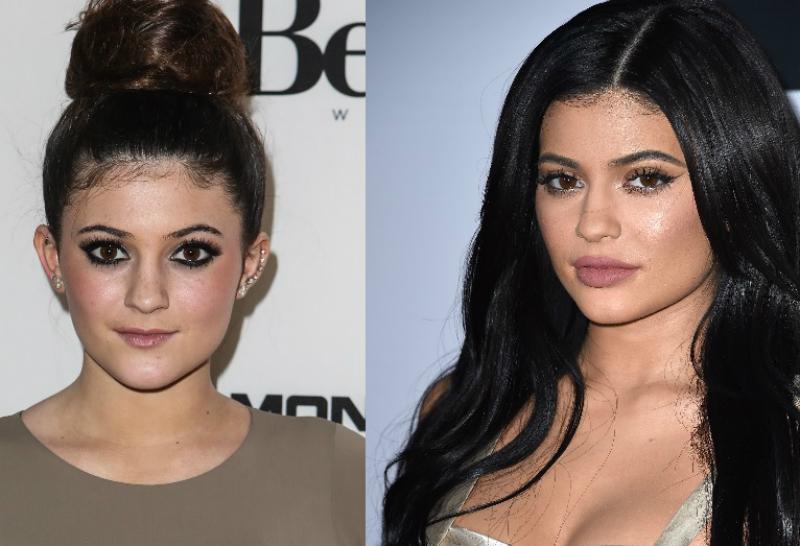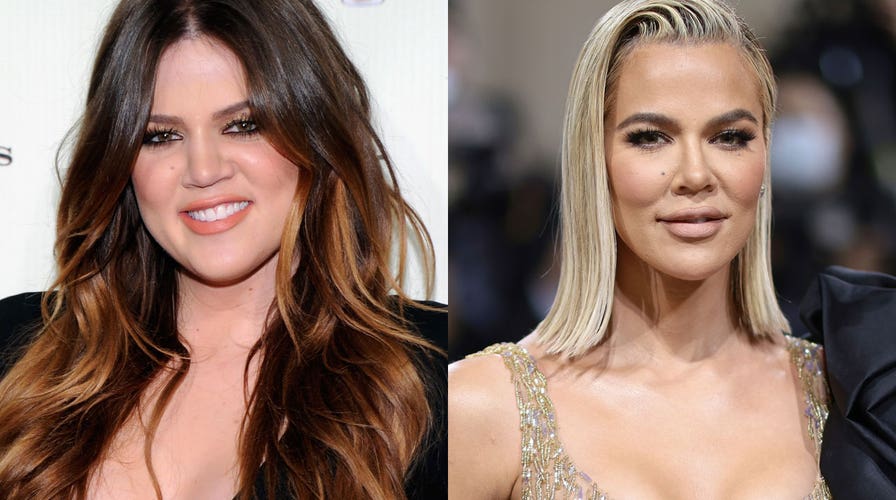Examining the Mental and Social Aspects That Drive Individuals to Consider Plastic Surgery as a way of Renovation
The decision to pursue plastic surgery commonly prolongs beyond mere aesthetics, linking with social and mental characteristics that warrant extensive evaluation. Factors such as self-esteem, pervasive societal elegance criteria, and the pervasive influence of social media converge to shape specific motivations for surgical improvement. As these impacts come to be progressively noticeable, understanding the underlying psychological and social contexts is important. What stays to be explored is the profound effect these elements have not just on personal identification however likewise on broader social norms and worths surrounding elegance and acceptance.
The Function of Self-worth
Self-esteem substantially influences an individual's decision to pursue plastic surgery. Individuals with low self-esteem commonly perceive themselves in an unfavorable light, resulting in sensations of insufficiency regarding their physical look. This adverse self-perception can drive them to seek surgical interventions as a technique of enhancing their self-image. The wish for enhancement in one's appearance is frequently linked to an idea that such changes will certainly elevate their total self-worth and confidence.

Eventually, the duty of self-worth in the decision-making process relating to plastic surgery highlights the complicated interplay between body photo, individual contentment, and psychological wellness. Comprehending this relationship is important for healthcare specialists to make certain that clients are making educated choices rooted in reasonable assumptions and emotional wellness.
Social Beauty Specifications
Influenced by pervasive media portrayals and cultural stories, social elegance criteria play a critical function fit people' understandings of their own bodies. These criteria are usually defined by an idyllic type of beauty that highlights attributes such as proportion, slimness, and youthful vigor. As these suitables are perpetuated via various networks, consisting of marketing, movie, and television, individuals often internalize these messages, leading to discontentment with their natural look.
The ramifications of these social norms expand beyond visual choices; they can impact self-confidence, psychological health and wellness, and interpersonal relationships. Individuals who view themselves as falling short of these criteria may experience feelings of inadequacy, triggering a desire for plastic surgery as a way of achieving societal approval. This quest is frequently fueled by the idea that satisfying these ideals will improve not just physical look yet also social standing and individual gratification.
:max_bytes(150000):strip_icc():focal(299x319:301x321)/cardi-b-kim-kardashian-011923-f730f661ba814eec980bba77776d1e59.jpg)
Impact of Social Media
The influence of societal elegance standards is more intensified by the increase of social networks systems, where curated images and idyllic depictions of appeal are ubiquitous. Users are More Help regularly revealed to filteringed system and modified pictures, which usually portray unattainable physical characteristics. This direct exposure grows a culture of contrast, leading people to examine their very own appearance versus these typically unrealistic benchmarks.
Social media site influencers and celebrities frequently advertise cosmetic treatments, stabilizing the idea that medical enhancements are a feasible methods for achieving societal ideals (plastic surgery rancho cucamonga). The visibility of these improvements can produce an understanding that going through plastic surgery is a click here for info common practice, thereby affecting individuals to think about comparable interventions as a pathway to improved self-worth and social acceptance
Moreover, the interactive nature of social media allows for instant feedback with sort and comments, better enhancing the wish to adapt popular charm requirements. Such interactions can intensify sensations of inadequacy and drive individuals toward cosmetic surgical treatment as a way of obtaining recognition. Inevitably, social media plays an essential duty in forming understandings of beauty, which considerably affects the decision-making processes surrounding plastic surgery.

Cultural Viewpoints on Appearance
Throughout numerous cultures, perceptions of appearance are deeply rooted in historical, social, and financial contexts, shaping individuals' views on charm and charm. In numerous cultures, appearance works as a significant pen of identification, influencing social status, expert opportunities, and individual relationships. For instance, in some societies, light skin is frequently related to riches and advantage, while others might idealize darker skin tones as icons of toughness and authenticity.
Additionally, typical appeal requirements are typically continued via cultural narratives, media representations, and household influences, leading to varying perfects throughout different regions (plastic surgery rancho cucamonga). In Western cultures, the focus on young people and fitness commonly drives people towards aesthetic enhancement, while in specific Eastern cultures, more subtle modifications lined up with traditional looks may be preferred
Globalization and the expansion of digital media have actually additionally complicated these characteristics, developing a hybridization of beauty ideals that goes beyond geographical limits. As individuals significantly navigate these social stories, the stress to adapt particular look requirements can result in the need for plastic surgery, mirroring a complex interaction of personal aspirations and cultural worths. Understanding these cultural viewpoints is essential in dealing with the motivations behind plastic surgery considerations.
Mental Influences of Aesthetic Surgical Procedure
Numerous individuals looking for plastic surgery report experiencing extensive psychological effects that can substantially alter their self-perception and psychological health - plastic surgery rancho cucamonga. The wish for physical improvement typically comes from underlying concerns such as reduced self-esteem, body dysmorphic condition, or social pressures regarding beauty standards. For some, the instant post-operative stage can cause a short-term increase in self-confidence and complete satisfaction with their appearance, cultivating a feeling of empowerment
However, these positive feelings may not be withstanding. Research shows that while some individuals experience enhanced self-worth, others might face heightened stress and anxiety or anxiety if their assumptions are not fulfilled. This discrepancy can develop from impractical perfects bolstered by media depiction and social stories surrounding appeal.
Furthermore, the emotional implications of review cosmetic surgery expand beyond the individual. Relationships with family members and good friends might be strained as social dynamics shift, resulting in sensations of seclusion or alienation. Inevitably, the psychological influences of cosmetic surgical treatment are diverse and complex, calling for mindful factor to consider by both potential clients and medical care providers to ensure informed decision-making and realistic assumptions.
Verdict
To conclude, the decision to seek plastic surgery is dramatically influenced by a combination of self-esteem issues, social charm requirements, and social perspectives on appearance. The pervasive reach of social media sites better intensifies these stress, promoting unrealistic perfects that people often strive to obtain. Understanding these social and emotional aspects is crucial for attending to the motivations behind plastic surgery, highlighting the requirement for a much more nuanced discussion surrounding beauty and self-acceptance in modern culture.
The choice to seek cosmetic surgical procedure usually extends past plain looks, intertwining with social and emotional dynamics that merit complete exam. Ultimately, social media plays a pivotal role in shaping perceptions of charm, which significantly impacts the decision-making processes surrounding cosmetic surgical treatment.
As people significantly navigate these social stories, the stress to adjust to details look standards can lead to the wish for cosmetic surgical treatment, mirroring a complicated interplay of individual desires and cultural worths.In verdict, the choice to pursue cosmetic surgical treatment is substantially affected by a combination of self-esteem concerns, social elegance standards, and social point of views on appearance. Recognizing these mental and social elements is vital for dealing with the inspirations behind cosmetic surgical treatment, highlighting the need for a more nuanced discussion surrounding elegance and self-acceptance in modern society.